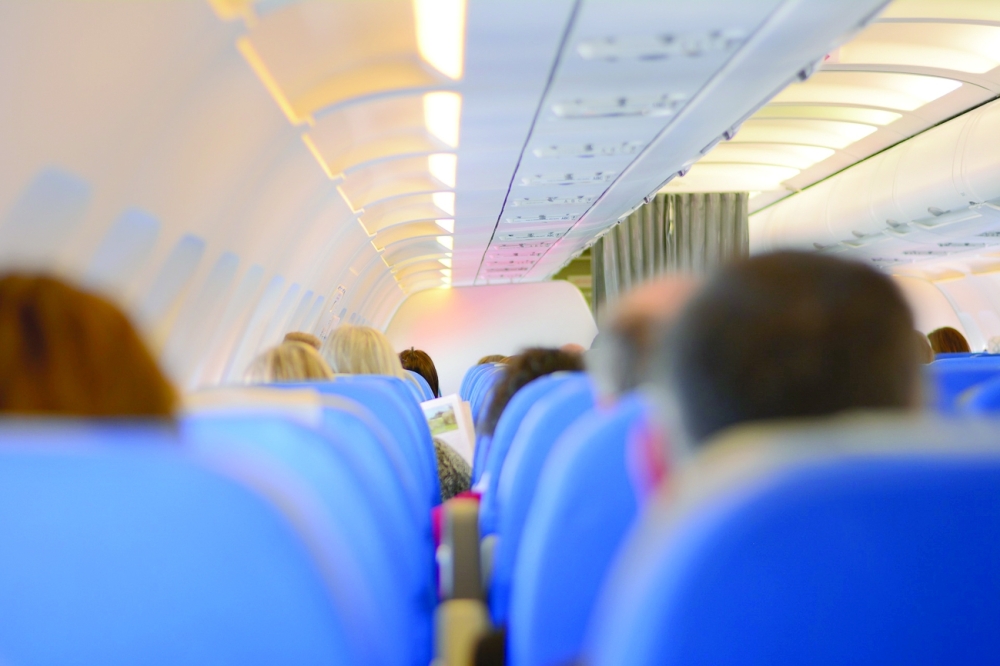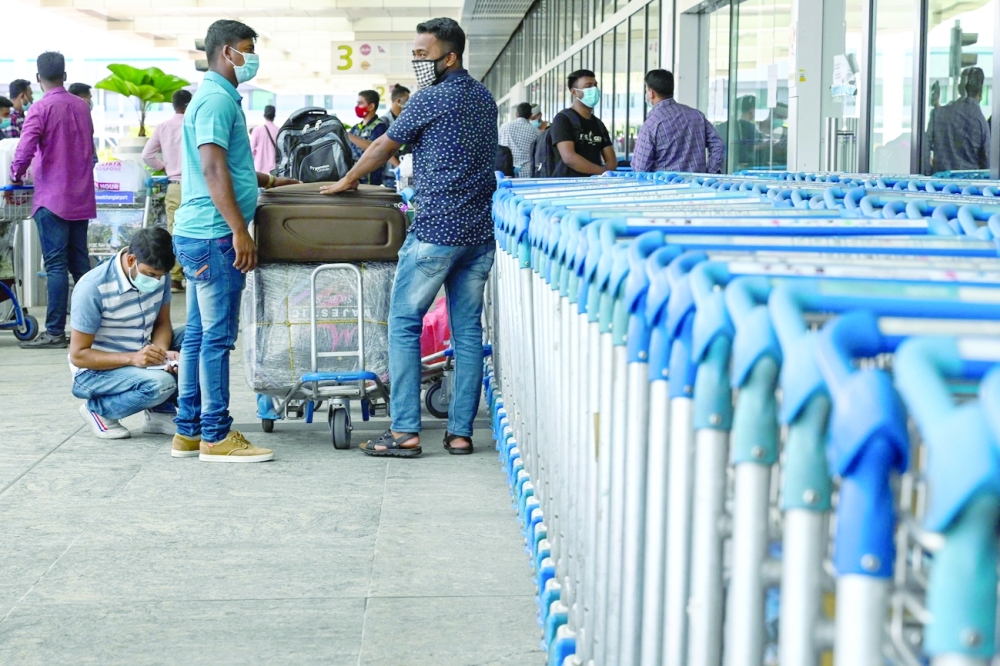

Almost 70 per cent of global consumers plan to travel domestically within the next six months, yet less than 10 per cent have booked their trips, according to a new survey from consulting firm global consultancy firm Oliver Wyman.
“The summer travel surge is just the beginning of a recovery that seemed almost impossible a little more than a year ago,” said Michael Wette, Head of IMEA Transportation & Services, Oliver Wyman. “We expect to see a continued desire for leisure travel through the end of the year and travel providers should anticipate a sustained leisure recovery with strong bookings continuing at least through the end of the year.”
The survey findings revealed the following:
Leisure travel
• 76 per cent of respondents expect to travel the same or more post-Covid for leisure
• Traffic out of US airports will match and may even exceed the rate of pre-pandemic travel sometime in early 2022.
• International leisure travel continues to be the most impacted by the pandemic, as most travellers opt to stay closer to home. The Chinese (81 per cent), United States (67 per cent) and Australian (62 per cent) travellers will prefer to travel domestically when restrictions are lifted. Whereas Canadians (54 per cent) and most Europeans will favour international trips, mostly short hall.
Business travel
• Business travellers are optimistic about the return of corporate trips. Globally, about 75 per cent of business travellers expect to travel the same as or more than they did pre-pandemic.
• There will be a “catch up” in business travel and bookings will spike significantly in the near-term. However, changing company policies and the effectiveness of teleconferencing may reduce the long-term need for business travel.
• Business travel will also differ greatly by country. For example, business travellers in the US, China, and Australia are primed to travel significantly more than they did pre-Covid, while Europeans still plan to travel less than before the pandemic.
“Business travel is being driven by fear of missing out,” added Wette. “The survey reveals that 80 per cent of business travellers expect to travel the same or more after the Covid crisis, due to increased activity or in some case inefficient teleconferencing. Business travel will also be driven by the need to reconnect with teams, especially in the short-term.”
Key factors for travel
• Price is the most important criteria in travel decisions and has been throughout the pandemic, with 66 per cent of global travellers ranking price as one of their top three factors to purchase a flight.
• Cleanliness is becoming a less important factor in travel decisions as we get further away from the height of the pandemic.
• While more airlines promote their environmental sustainability measures, only 17 per cent of consumers globally and 12 per cent of US consumers consider this as a top three factor when deciding about one flight over another. Overall, environmental sustainability measures continue to rank last across all three surveys.
• Globally almost 70 per cent of travellers are willing to enroll in a digital identification program, which would include vaccine status and other healthcare data. Vaccinated respondents are more willing to share their data, compared to unvaccinated travellers.
“The industry faces significant challenges, especially around the new Delta variant and a possible overall talent shortage, but demand for consumer travel will push the industry back sooner than we initially thought,” said Bruno Despujol, a partner with Oliver Wyman.
Oman Observer is now on the WhatsApp channel. Click here



